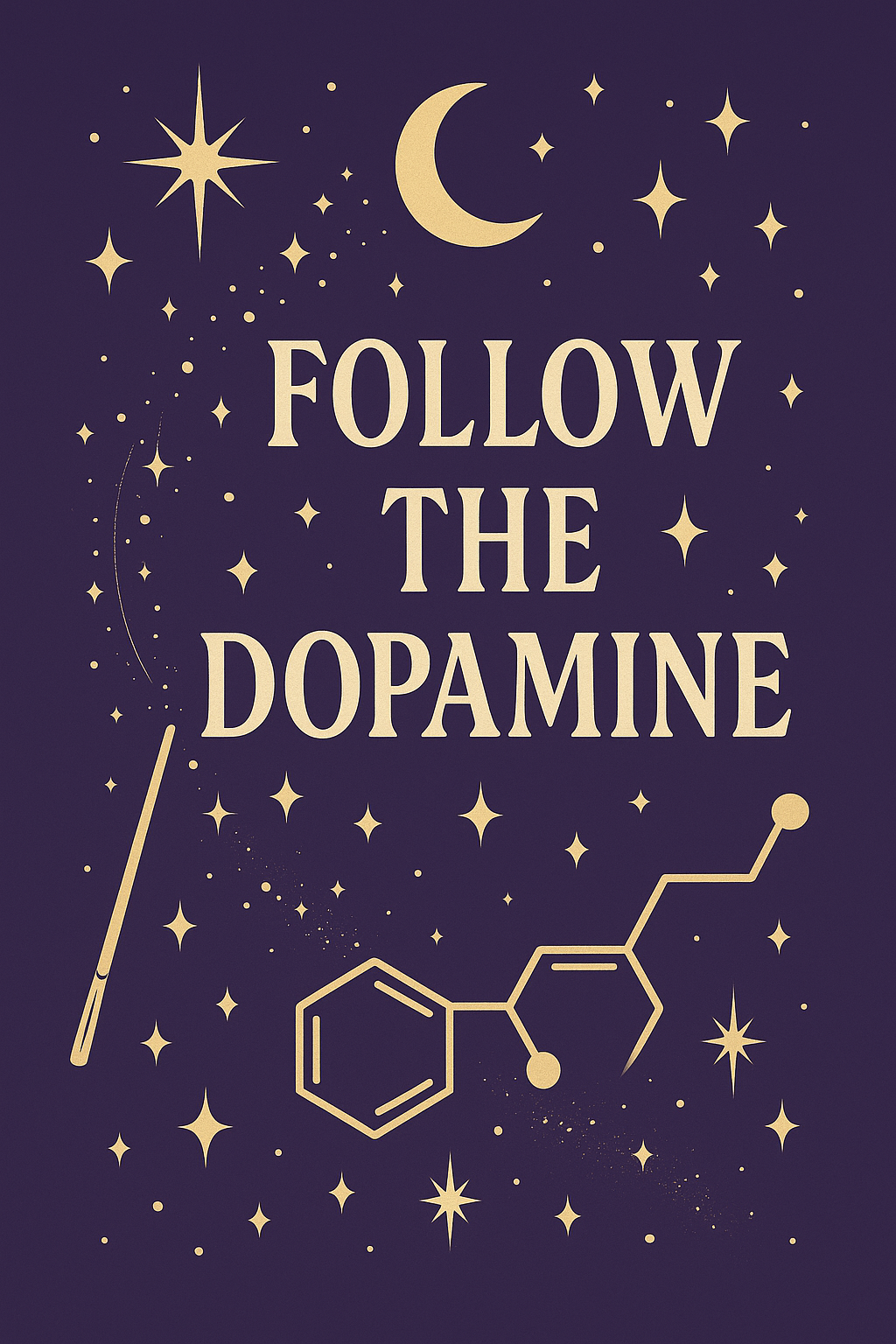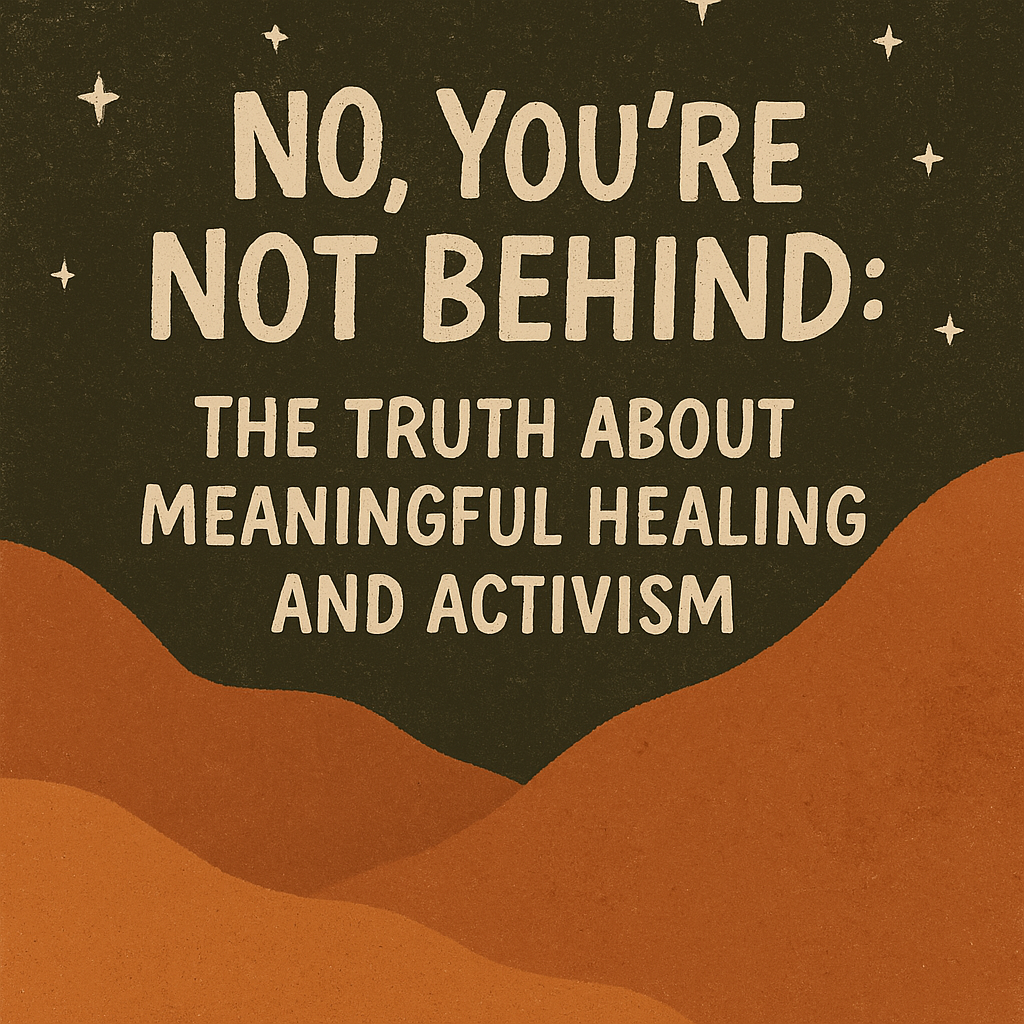
Follow the Dopamine: A Soul Survival Skill for ADHDers

The Three Pools: A Dream, a Psyche, a Therapy Philosophy
Therapists have long been interested in the domain of dreaming and as a spiritually curious and neurodivergent therapist, I am no different. I’ve always found dreaming to be fascinating and suspicious— these wild worlds that disappeared by morning leaving sometimes not even a memory behind.
I’m particularly interested in recurring dreams and the magic we access easily in childhood that eludes us as we grow up. This dream held that magic of recurrence, returning to me again and again for several years and then disappearing in adulthood—until recently. As I was doing my own deeper inner child work I understood, quite completely and intuitively what that dream was trying to teach me. This dream, which I know call the “Three pools” revealed something essential about how I view the psyche, and how I approach therapy itself.

Therapy with Me: What the Cards Have to Say
Let me be clear that therapy is not a linear line from the 4 of Swords to the 8 of Swords. We are constantly moving back and forth. We also cannot go deep into the dark parts if you don’t have a therapeutic space where you can come back to rest and regulate. A beach to return to after swimming in the ocean. The space I invite you into is a space of refuge and regulation that encourages you to pursue the deepest, most desperate healing you long for. Nothing more and nothing less.

Why “Doing Enough” is a Lie and What to Focus on Instead
Feeling like you’re never doing enough—for your community, your cause, or even your to-do list? You’re not the only one. This post unpacks how perfectionism, political urgency, and internalized moral pressure can quietly hijack your sense of worth—and how to begin measuring your impact in more grounded, human ways. Especially if you’re neurodivergent, recovering from religious trauma, or just exhausted by it all… this one’s for you.

No you’re not behind: the truth about meaningful healing and activism

The Bad Christian to Bad Activist Pipeline
From “Righteous Obedience” to Moral Perfectionism
If you were raised evangelical, you probably got the message that your worth was measured by how much you sacrificed, how pure your intentions were, and how committed you were to “saving” others. You didn’t just believe the message—you were supposed to embody it. Constantly. Tirelessly.

Kill The Evangelist In Your Head: How to Have Actual Relationships as an Ex-evangelical
I know for me, as a deconstructing teenager, it was easy to swap my church family for my feminist and activist family (which, of course, was better in a million ways). And honestly? I was good at being an activist.